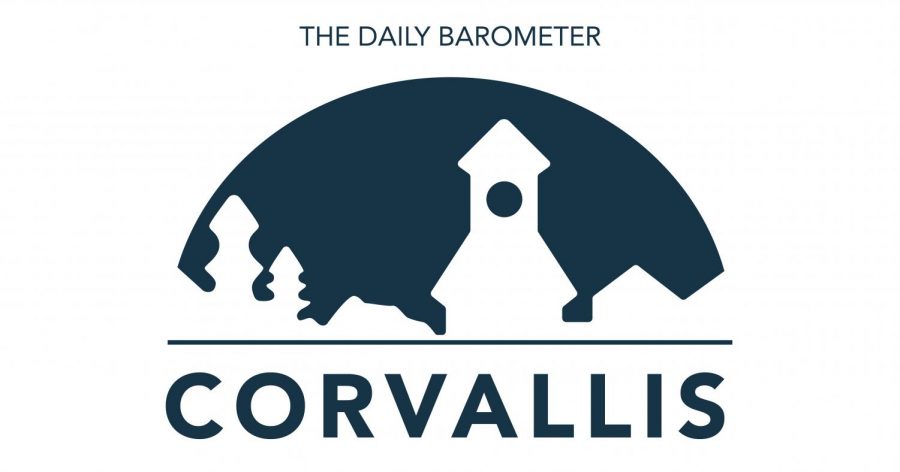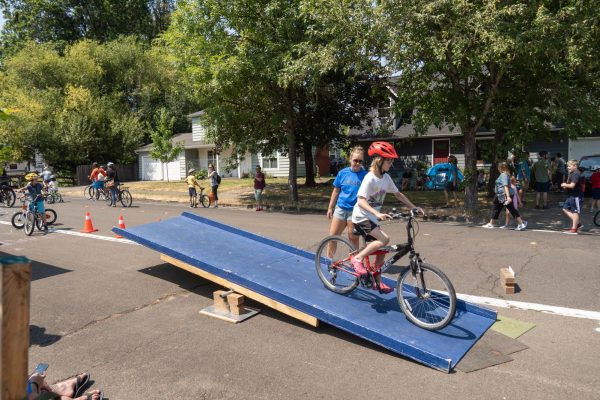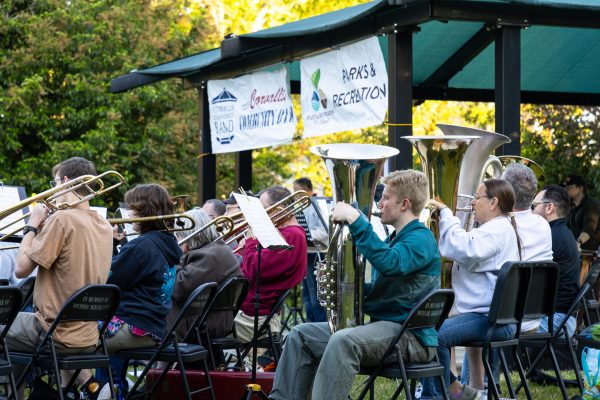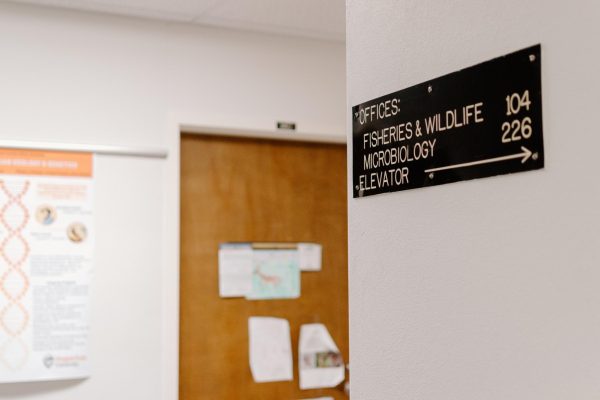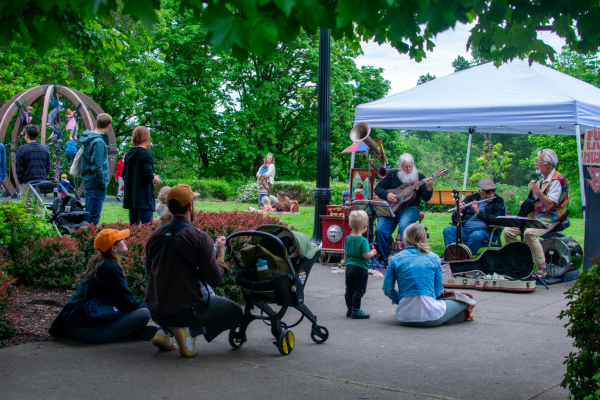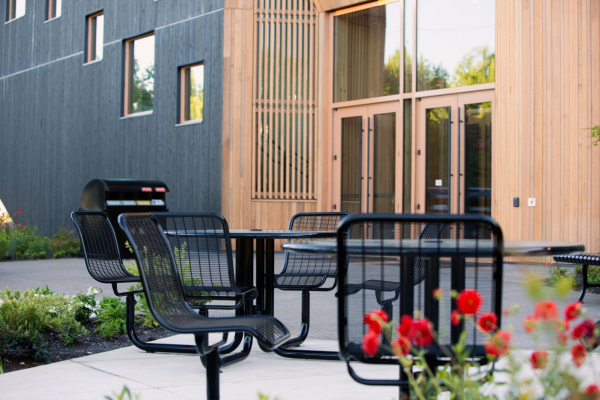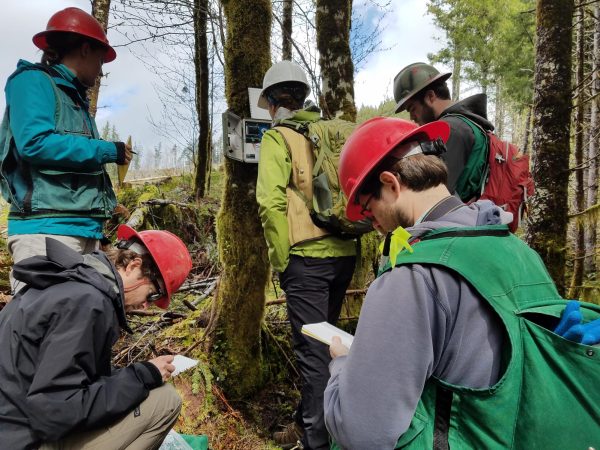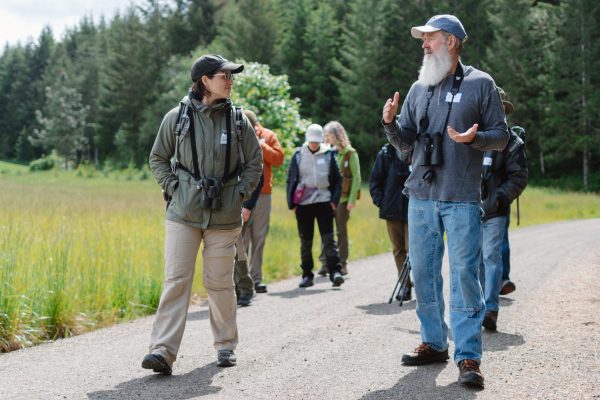Corvallis community and city council move forward with bias initiative plans
December 7, 2020
In a meeting hosted by local non-profit Soul Force Education, the City of Corvallis sponsored a facilitated conversation that explored topics revolving around preventing and responding to bias and hate incidents.
Jonathan Stoll, a founder of Soul Force Education and director of career education at Oregon State University, described how this conversation and city effort came about.
“There was an effort involving many Corvallis community members tied to petitioning the city of Corvallis to allocate 150,000 dollars to a bias and hate response initiative,” Stoll said. “That received about 3,000 signatures, and through that effort, the city council allocated that money.”
Also as a result of the petition, Stoll had started Soul Force Education in order to continue the momentum of the Corvallis movement along with Jason Dorsette, a Ph.D. candidate in the College of Education Language, Education Policy, and Equity program at OSU.
City Manager, Mark Shepard, stated that after the city council authorized the allocation of resources, the city council requested the work be done in partnership with the Corvallis school district and Benton County. He also had early conversations with the county government which presides over the Linn, Benton and Lincoln Counties.
“They were interested in seeing if something was there for the council of governments to be a convener,” Shepard said. “Just on Nov. 20, I was able to make a presentation to a group of city managers about the idea of a regional approach to a bias response initiative. I’m happy to report that there was support entering those conversations.”
However, Shepard also mentioned that no other city or entity has made any promises about funding; what they have professed is an interest in joining the conversation and what can be done.
With the support of the City, Soul Force Education plans to host several other meetings over the course of the next few weeks, discussing pertinent themes surrounding racial biases. Themes include implicit bias and the impact of representation.
“In essence, we are going to bring these conversations together, with our city manager and city officials, and come up with an actionable plan,” Dorsette said. “Something tangible, something strategic that will help us move the dowel as it relates to bias, hate, diversity, equity and inclusion.”
In the third and final community meeting, Soul Force Education aims to be able to report a clear path to action in conjunction with city officials and community stakeholders.
This meeting will be only for community members that have participated in prior meetings, but Stoll invites OSU community members to attend the second meeting in the series held via Zoom on Jan. 19 at 5:30 p.m.
Although some community members at the meeting expressed their reservations and doubts regarding the significance of change in the community with the implementation of the bias initiative plans, Soul Force Education seemed more confident regarding future prospects.
“I’m excited to live in this city,” Dorsette said. “I’m optimistically hopeful and certainly have some expectations, but it feels different. It feels like something is different.”












































































































